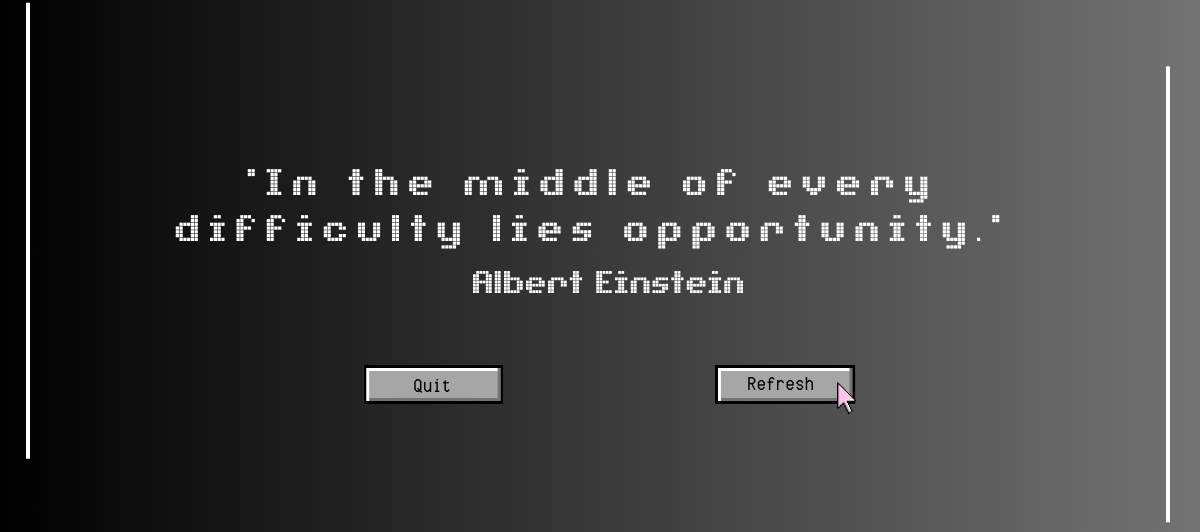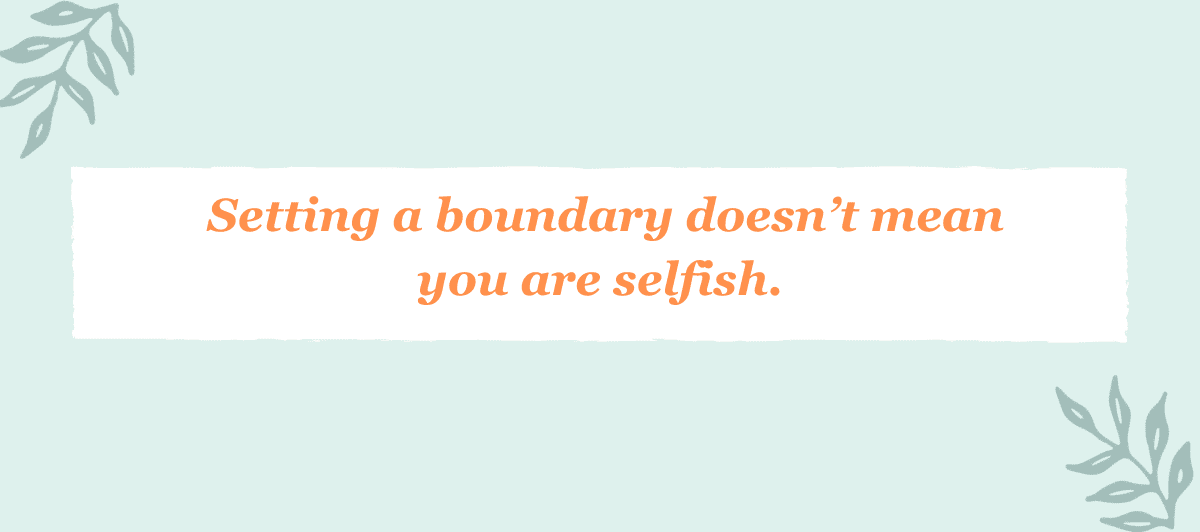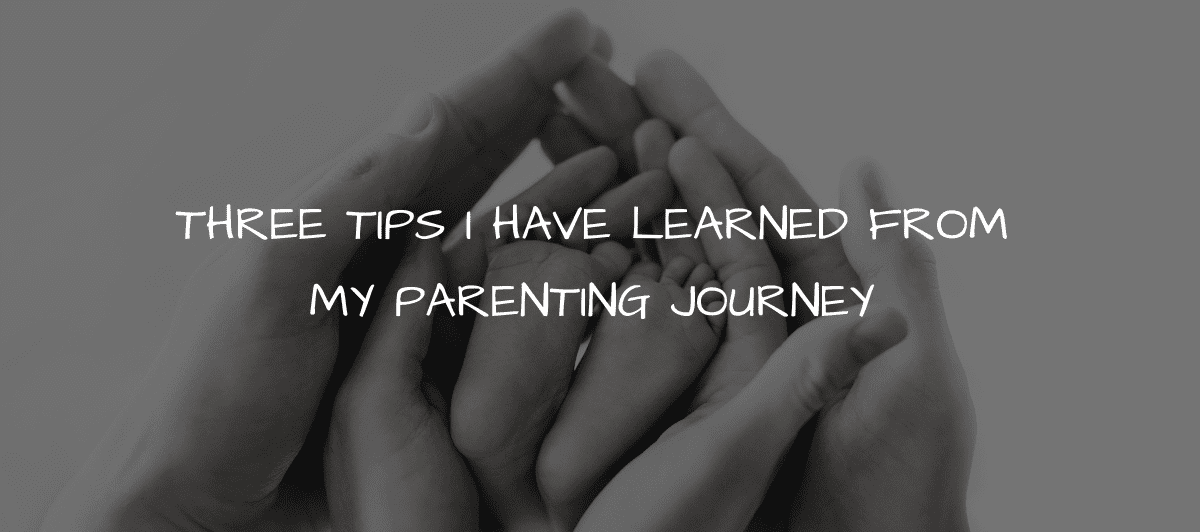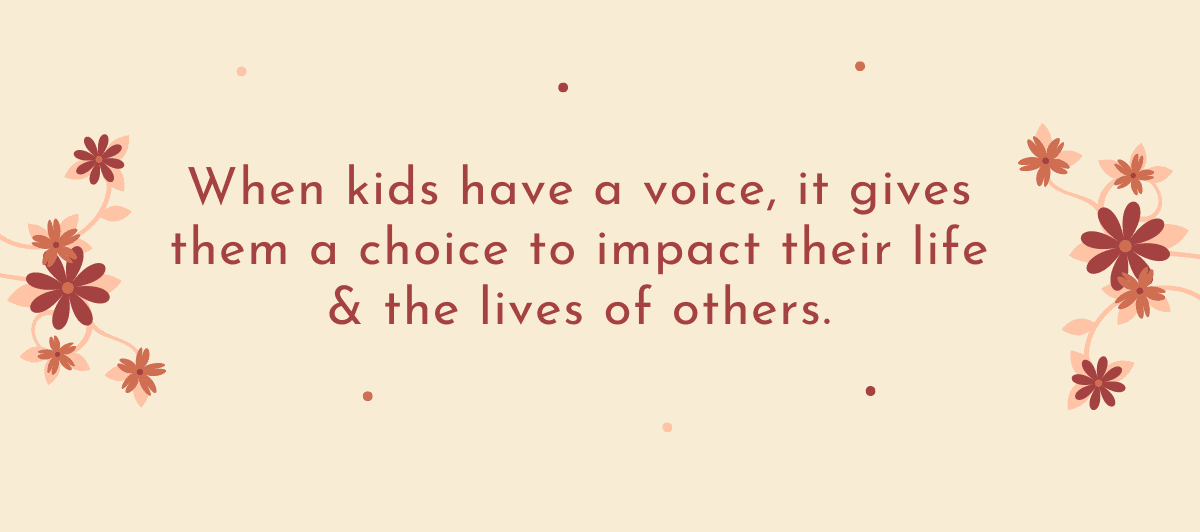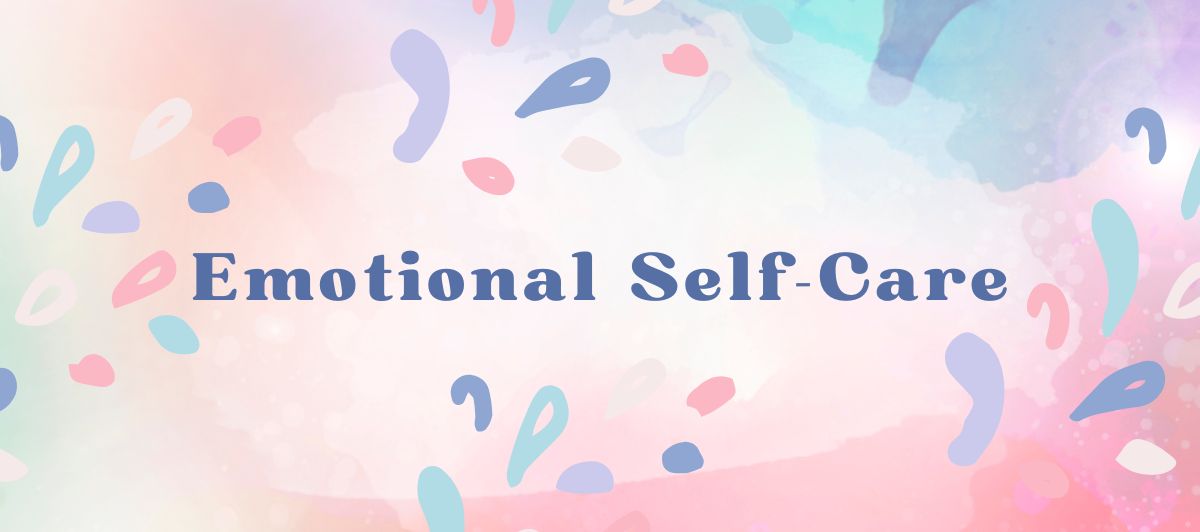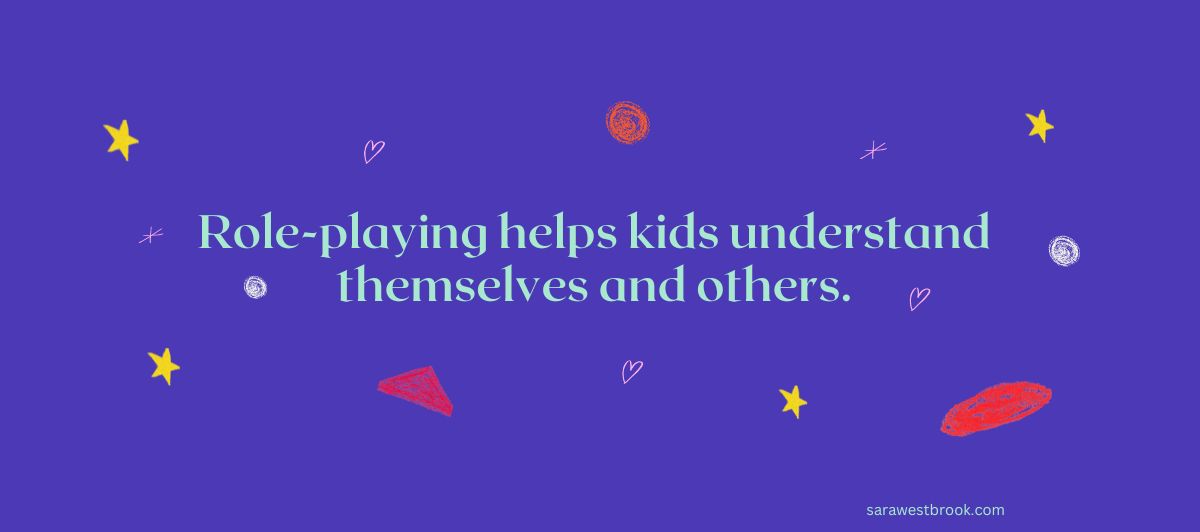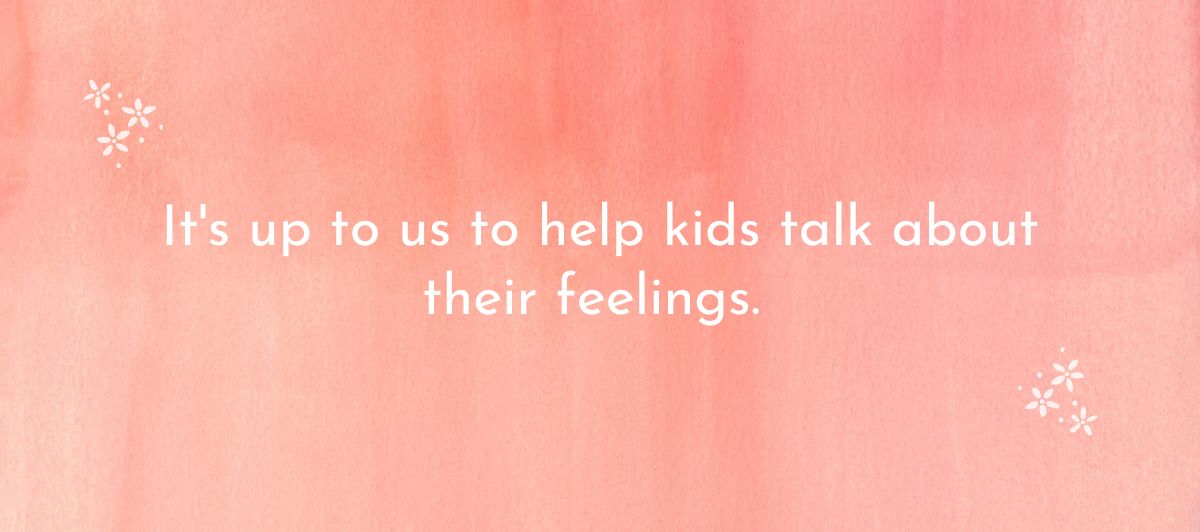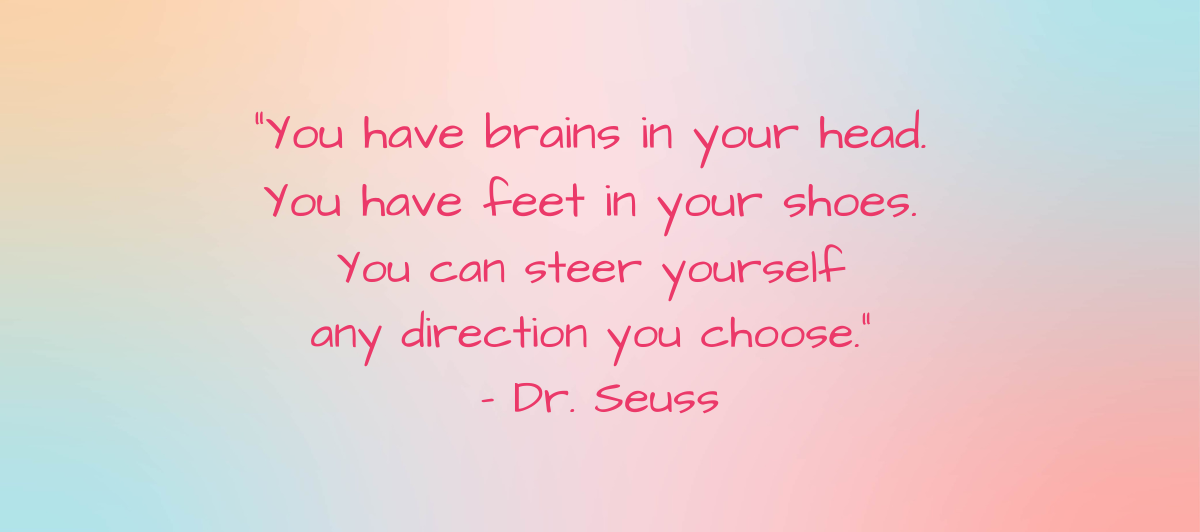
How to Handle Kids’ Disappointments and Strengthen Bonds
Life is a series of ups and downs and it’s natural for children to face disappointment along the way.
When my son confides in me about a disappointment, my natural instinct is to think of solutions and ways to fix it, especially if he is feeling sad and dejected.
Disappointments are valuable life lessons that help develop skills like perseverance, empathy, resilience and problem-solving. If you try to protect them from disappointment, it will stop them from developing these essential skills. Without a healthy approach to disappointments, a young person can feel like a failure, causing them to give up or quit.
Below are four strategies to help you and the child in your life effectively deal with disappointment:
1. Acknowledge Emotions
Let them know that it’s okay to feel disappointed and that it’s an emotion that everyone encounters at various times in their life. Remember to acknowledge your own emotions when you see a child experiencing disappointment. Being able to feel your own discomfort is an important part of teaching them to lean into uncomfortable emotions.
2. Validate Emotions
Refrain from dismissing their emotions. Avoid phrases like “It’s not a big deal” or “You’re overreacting.” Such statements invalidate their emotions and can make them feel unheard or misunderstood. Instead, validate their emotions by saying, ‘I understand you’re feeling really disappointed right now’ or ‘That must have been really tough for you.’
3. Teach Emotional Management Strategies
Help them identify healthy ways to release their emotions that bring them comfort and calmness when they are upset, such as deep breathing, counting to ten, or finding an activity that relaxes them.
4. Encourage a Problem-Solving Mindset
Together brainstorm potential solutions or strategies to improve the situation. This approach gives them a plan to better prepare them for handling future disappointments.
Providing a supportive and understanding environment goes a long way to helping a child not only navigate disappointment, but also develop resilience.
Until next time…


